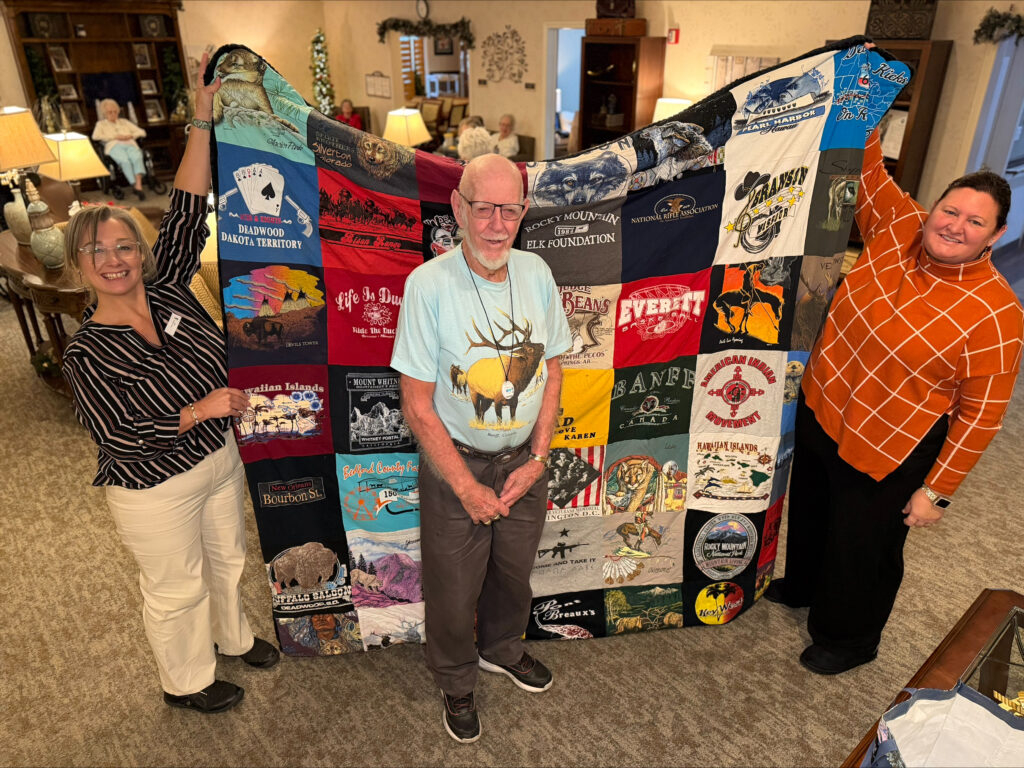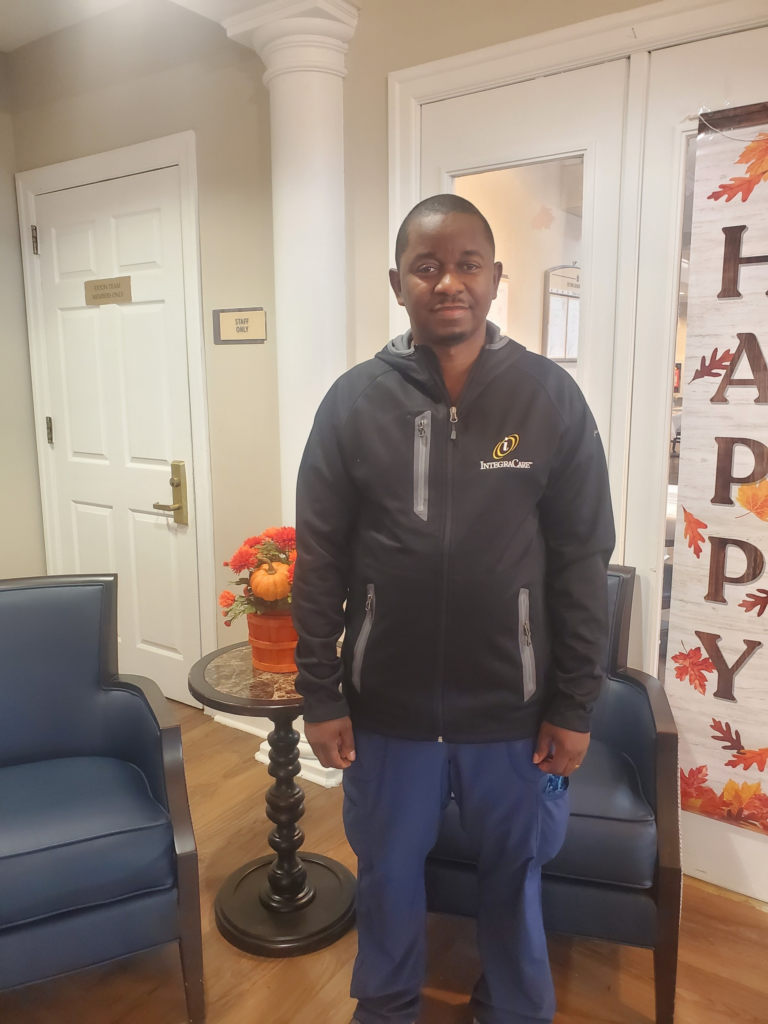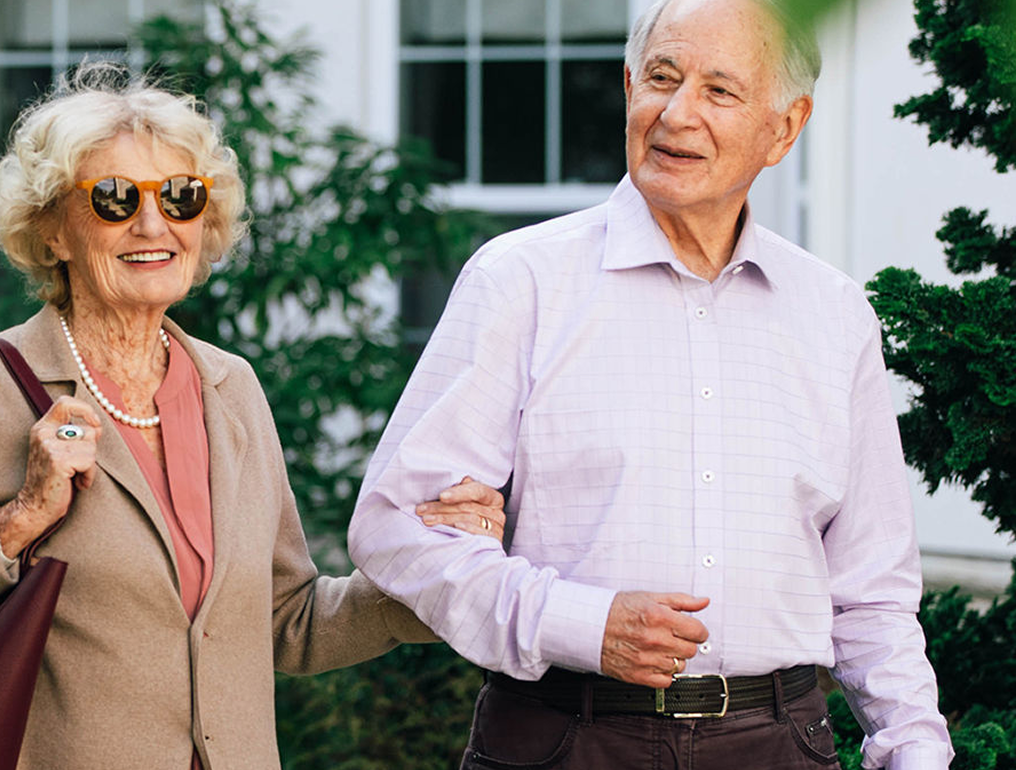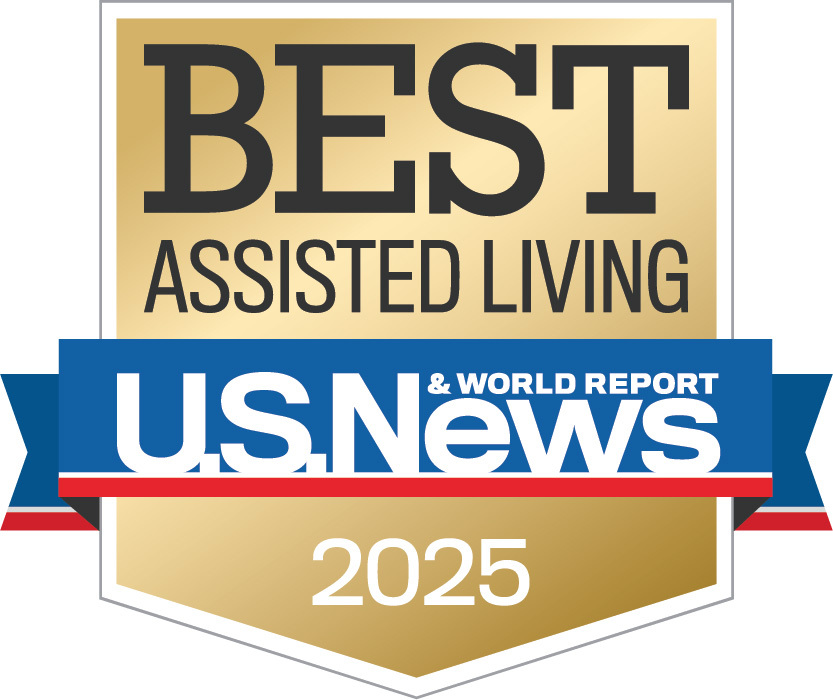Moving to assisted living is a big step that can bring relief, new friendships, and a renewed sense of independence. But let’s be honest: it’s also a significant change filled with emotions, questions, and plenty of logistics.
If you’re about to embark on this journey with your parents or another family member, our guide will walk you through all key considerations, from the best moment to make the transition to knowing what (and what not) to bring.
If you’re in a hurry, scroll down to download IntegraCare’s moving to assisted living checklist.
Signs it’s time to move to assisted living
There’s no universal “perfect” time, but there are clear signs to consider when it’s time to move to assisted living.
● Daily tasks become challenging. If your loved one is struggling with cooking, personal care, or housekeeping, then it’s time to move to an assisted living community. Simple tasks that once seemed effortless can become exhausting or even unsafe, leading to frustration and a decline in quality of life. Having support for these everyday activities can help them regain confidence and independence.
● Safety is a concern. Frequent falls, medication mishaps, or difficulty managing health conditions may indicate the need for extra care. Even minor accidents can quickly become serious without immediate help. An assisted living environment provides safety measures, such as emergency response systems and trained staff, to ensure that health concerns don’t turn into crises.
● Loneliness or isolation is creeping in. Many seniors living alone find it difficult to maintain friendships or participate in social activities, leading to sadness and disconnection. Assisted living communities provide regular opportunities for interaction, helping residents form meaningful relationships.
● Family caregivers are overwhelmed. Caregiving is a demanding role, both physically and emotionally, and burnout is common. Allowing professionals to take over day-to-day care lets you focus on your relationship with your loved ones rather than feeling constantly stressed or guilty.
If you’re noticing these signs, it might be time to start exploring options before a crisis forces the decision.
We also recommend moving your parents or family members before it has to be done. Making the transition while they can still be part of the decision gives them a sense of control and dignity, even if they are initially hesitant. Moving your mom or dad to assisted living against their will can create unnecessary stress, resistance, and emotional strain for everyone involved.
Start the conversation early instead of waiting for a health crisis to dictate the move. Talk to them about their concerns, explore different communities together, and schedule tours, even if you’re not planning to make the transition immediately. Seeing the environment firsthand can help ease fears and show them the possibilities of meeting people their age, making new friends, and being cared for without losing their independence.
Most importantly, remind them that this move doesn’t mean they’ll lose their family. They will still see you, have visits, and remain a cherished part of family life. Your presence, love, and reassurance will continue to be the foundation of their well-being.
What not to bring to an assisted living community
Downsizing is a big challenge, but simplifying can also be freeing. Here’s what to leave behind:
🚫 Bulky furniture. Most communities provide essential pieces, and space is often limited.
🚫 Large kitchen appliances. No need for full-size fridges or microwaves when meals are provided.
🚫 Excessive clothing. A well-curated wardrobe is easier to manage.
🚫 Hazardous items. Heavy rugs, electric blankets, and extension cords can be safety risks.
Instead, focus on personal touches: framed photos, favorite books, or a cozy blanket to create a familiar and comfortable space, just be mindful not to overdo it. A few meaningful items can make the new environment feel like home without overwhelming the space.
And don’t forget to check with your chosen assisted living community for their list of restricted items.
How long does it take for an elder to adjust to assisted living?
The adjustment period varies from person to person, but it usually takes about three to six months to feel truly at home.
At first, everything feels new: the routines, the faces, even the layout of the building, but as residents settle in, they start forming connections, finding their favorite spots in the community, and embracing a rhythm that feels comfortable.
A big part of this transition comes from staying engaged. Social activities help turn neighbors into friends, and simple interactions like chatting with the staff or joining a group meal can transform an unfamiliar place into a welcoming home.
Keeping familiar routines also plays a crucial role in the adjustment. Small comforts, like starting the day with a favorite cup of tea or calling family at the same time each evening, create a bridge between the old and the new. These routines bring stability, making assisted living feel less like a drastic change and more like a natural evolution of daily life. Frequent visits from loved ones further reinforce this sense of continuity. Seeing familiar faces, whether in person or through video calls, reminds residents that they are still deeply connected to the people they love.
Give it time. The beginning may be tough, but many seniors end up thriving in their new community over time.
Moving to assisted living checklist
It is easy to feel overwhelmed by this change, so we’ve prepared a checklist to help you stay organized and calm as you work through each step. Download IntegraCare’s moving to assisted living checklist PDF, print it, and tick off each task at your own pace.
More importantly, stay positive and patient. Change is hard, but with your support by their side, you’ll make the transition easier for your loved one.
A new beginning
While moving to assisted living is a significant transition, it’s also an opportunity for growth, safety, and social connection. With the right approach, it can be a positive new chapter filled with new friendships, engaging activities, and peace of mind for both seniors and their families.
Take your time, ask questions, and remember: home is not just a place but a feeling of comfort, care, and belonging.












